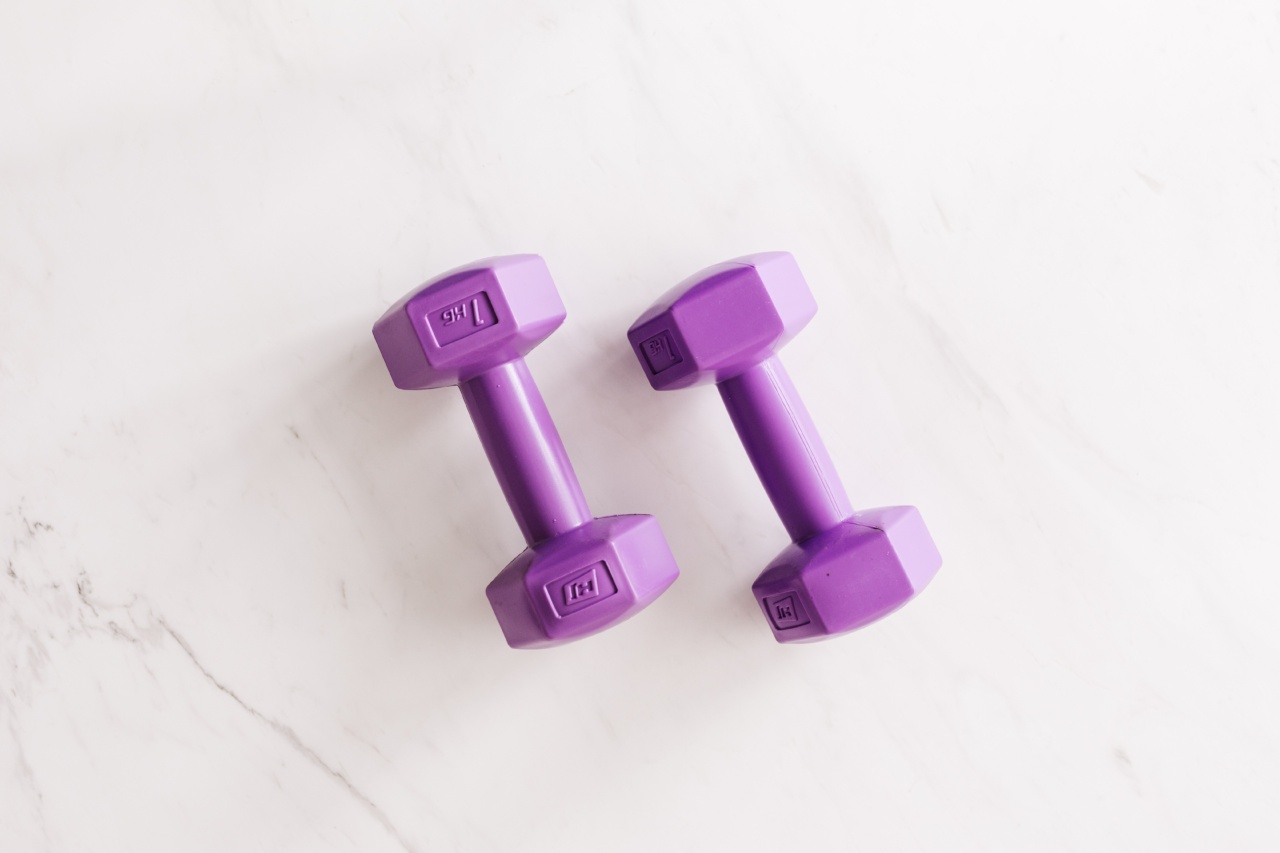One of the most common reasons why pet owners choose to sterilize their dogs is to prevent weight gain. However, not all dogs gain weight after being sterilized.
Understanding the factors that influence weight gain or loss after sterilization is crucial for pet owners to make informed decisions about their pet’s health.
What is Sterilization?
Sterilization, also known as spaying for females and neutering for males, is a surgical procedure that removes an animal’s reproductive organs. This procedure is a form of birth control that is performed to prevent unwanted pregnancies.
In addition to preventing pregnancies, sterilization has other health benefits for pets. It lowers the risk of certain cancers, reduces the risk of infections, decreases aggression, and improves behavior.
Do Sterilized Dogs Gain Weight?
Sterilization can cause a change in a pet’s metabolism, which may lead to weight gain. However, the extent of weight gain varies from individual to individual. Some dogs may gain only a few pounds, while others may become obese.
The amount of weight that a dog gains after sterilization depends on various factors.
Factors that Influence Weight Gain after Sterilization
There are several factors that may influence weight gain or loss after sterilization, including the dog’s age, breed, size, lifestyle, and diet.
Age
The age at which a dog is sterilized can affect their weight. Puppies that undergo sterilization before puberty tend to have a lower risk of weight gain than those that are sterilized after puberty.
This is because their metabolism is still developing, and their body is more adaptable to changes.
Breed
Breed is another factor that can influence weight gain after sterilization. Some breeds, such as Labradors and Golden Retrievers, are more prone to weight gain than others.
Therefore, pet owners of these breeds need to be more vigilant about their dog’s diet and exercise routine.
Size
The size of a dog also plays a role in weight gain after sterilization. Small dogs may be more prone to weight gain because they have a smaller appetite and are less active than larger dogs.
On the other hand, large dogs require more food and exercise to maintain their weight, making them less prone to weight gain.
Lifestyle
A dog’s lifestyle can affect their weight. Dogs that live an active lifestyle tend to burn more calories and are less prone to weight gain. Dogs that live a sedentary lifestyle and lack exercise are more prone to weight gain.
Diet
A dog’s diet is another factor that can influence weight gain after sterilization. Dogs that are fed a high-calorie diet or are overfed are more prone to weight gain.
Pet owners need to ensure that their dog’s diet is balanced and contains appropriate amounts of fat, protein, and carbohydrates.
How to Prevent Weight Gain after Sterilization
To prevent weight gain after sterilization, pet owners can take certain steps to ensure that their dog remains healthy and maintains a healthy weight.
Exercise
Regular exercise is crucial for a dog’s health and can help prevent weight gain. Pet owners should ensure that their dog gets enough exercise each day, such as walks, playtime, or runs in the park.
Exercise not only prevents weight gain but also reduces stress, improves mental health, and strengthens the bond between the pet and the owner.
Diet
A balanced diet is crucial for a dog’s health and can prevent weight gain. Pet owners should ensure that their dog’s diet contains appropriate amounts of carbohydrates, fat, and protein.
They should avoid feeding their dog high-calorie treats, table scraps, or processed foods. Consultation with a veterinarian on a tailored diet plan for your dog’s health is recommended.
Monitor Weight
Pet owners should regularly monitor their dog’s weight to ensure that they remain at a healthy weight. Weighing your dog once a week or twice a week is recommended.
If you notice that your dog has gained weight after sterilization, consult with your veterinarian for appropriate weight management techniques.
Consider Sterilization Timing
The timing of sterilization can affect a dog’s weight. Sterilization at an early age may prevent weight gain, while sterilization after puberty may increase the risk of weight gain.
Consult with your veterinarian for the appropriate timing of sterilization for your pet’s health and wellbeing.
Conclusion
Sterilization has many health benefits for pets, such as reducing the risk of certain cancers, infections, and improving behavior. Weight gain after sterilization is a concern for pet owners; however, not all dogs gain weight after sterilization.
The factors that influence weight gain or loss after sterilization include the dog’s age, breed, size, lifestyle, and diet. Pet owners can prevent weight gain after sterilization by ensuring their pet gets enough exercise, a balanced diet, and regular weight monitoring.






























